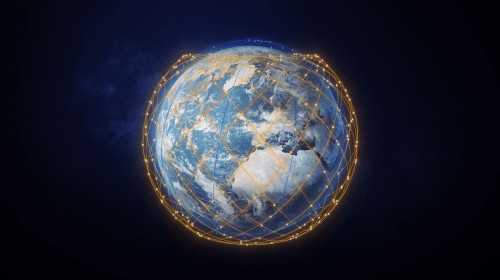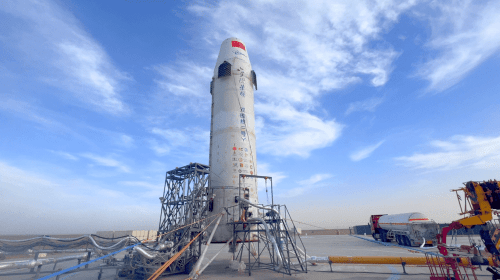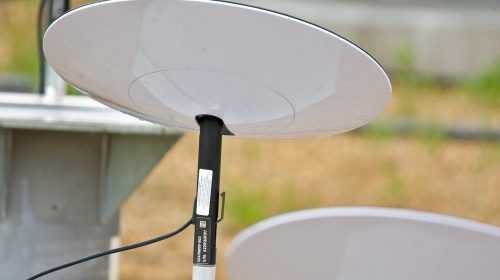Jan 26, 2019
Government control of internet access has become an issue of increasing concern. Quote requests on the BusinessCom Networks website, are a key indicator of when and where internet shutdowns and censorship are occurring. Following the shutdown in DRC (Democratic Republic of the Congo), in which the government shut down all major ISPs with the stated goal of quelling violence related to pending election results, a new situation has arisen in Zimbabwe, providing an opportunity to take a closer look at the reasons, mechanics and impact of such shutdowns.
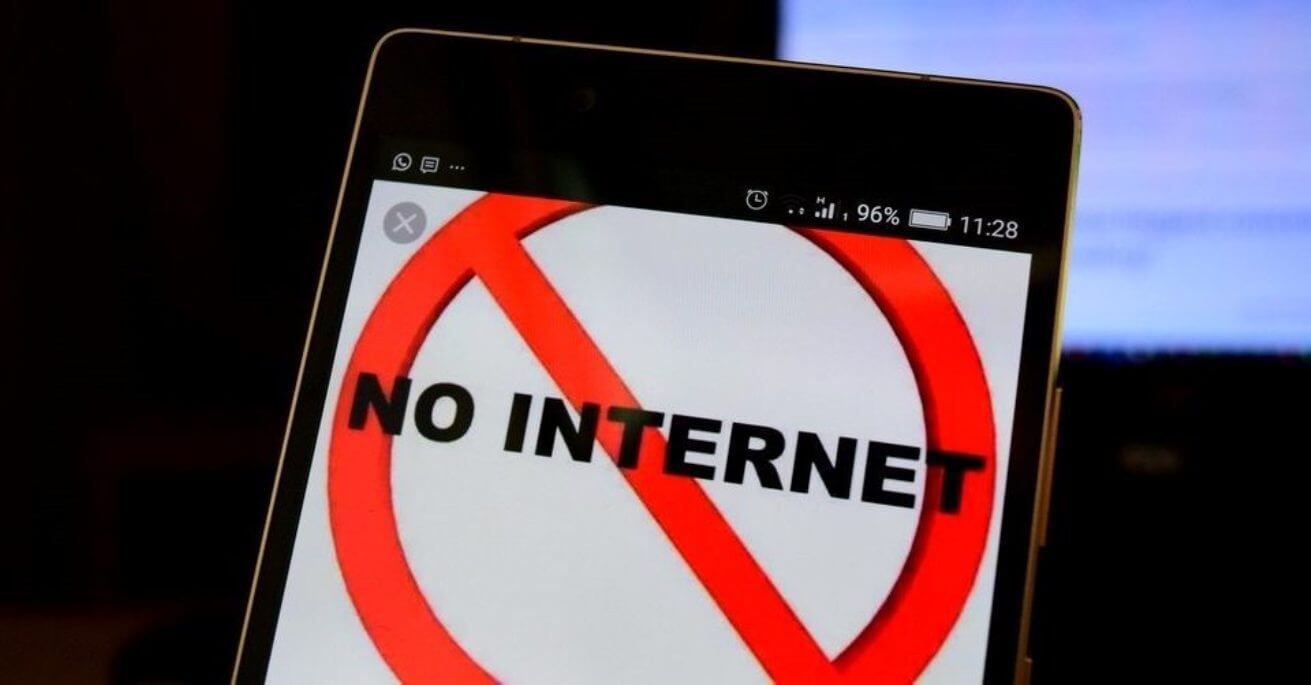
It’s been a busy start for the year (2019), given five countries have experienced partial or complete internet shutdowns, including Sudan, Bangladesh, the DRC, Gabon and now Zimbabwe. In the face of violent protests, the Zimbabwe government shut down internet access, claiming security concerns. The protests seem driven by the same things that drive protests in other countries… a bloated government that does not want to tighten its belt, so it asserts austerity measures that increase costs on items such as fuel or food. The citizens protest, the army cracks down, and the situation deteriorates – an all too common story. In order to attempt to suppress opposition, the government shuts down the internet to prevent opposition leaders from organizing or communicating with compatriots, citizens and the rest of the world.
In Zimbabwe’s case, one of the first things to happen was surging costs. The country abandoned its own currency in 2009 due to hyperinflation, switching to US dollars. According to BBC Research, 2kg of rice has gone from $3.75 to $7.80 in a matter of days. 2 kg of sugar, from $4 to $7.30; a 15 km bus fare into Harare from $1.50 to $3.50; and petrol has increased from $1.24 to $3.31. Such rapidly rising living costs for citizens is unlikely to quell the unrest.
For business, the consequences have been dire in some cases. Zimbabwe, which depends on tourist dollars, can no longer market hotel, resort and wildlife expeditions to the rest of the world, which will have a significant effect on the businesses involved, but which will also result in less revenue for a government that badly needs it. Health services are in trouble, as the software applications linked to medical aid societies are dead in the water. Transactions for medical supplies and pharmaceuticals are shut down, leading to reduced medical care or higher costs for those who can afford it. Many African countries use the internet to make mobile payments, and this is shut down, meaning people can’t transact for essentials like purchasing electricity tokens.
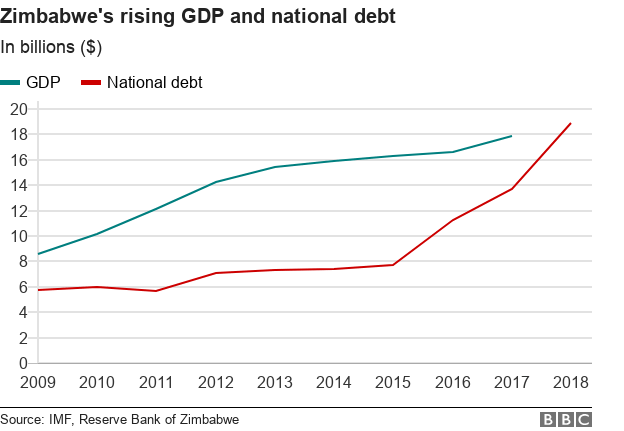
One reporter noted the incongruity of the country’s President, away on very important assignments of bringing us a “bumper harvest of agreements and memoranda of understanding” who decided he wanted to get in touch with his people and chose to use Twitter and Facebook. As the reporter noted, he might as well have been talking to himself with the internet shut down. NewsDay reporter, Nqaba Matshazi, noted that it was like a teacher kicking everyone out of class, locking the door, and then returning to his lecture! He declined further comment, noting that it is a crime to criticize the President.
Internet shutdowns are growing in number, from 75 in 2016 to 188 in 2018. Asia and Africa are the primary offenders, but the trend is growing globally as governments attempt to control their citizen’s access to free expression, while damaging their countries through loss of tax revenues, by hurting businesses. CNN reports that the three-day shutdown in Zimbabwe could cost the country’s economy up to $17 million.
China has perfected the technique of internet control and is exporting its technology and solutions to other countries. Whether Zimbabwe is one of those, is unknown, but the shutdown followed a similar pattern. First users noticed in the morning that WhatsApp, Twitter and Facebook were targeted and blocked. However, by noon all internet connectivity was lost. A common technique to avoid the blocks put in place by protocol and application management platforms is the use of VPNs. These “Virtual Private Networks” encapsulate and encrypt the traffic, so that the applications inside cannot be identified, making them more difficult to filter out. As the social applications began to be blocked, media rights organization MISA Zimbabwe began receiving hundreds of calls for aid in setting up VPNs, but when the entire internet access was shut down, those efforts were thwarted. VPNs can also be blocked without shutting down the entire network by filtering on the protocols used by those connections or blocking access to the VPN servers. Many corporations use VPNs for secure communications between branch and corporate offices or data centers, thus blocking them, has a negative effect on business.
After filtering and blocking, the method is simple. The government orders ISPs to shut down connections to the outside internet backbone providers and that’s it. Failure to comply may result in fines or imprisonment. It’s like turning off the internet modem for your home. Sometimes these shutdowns happen by accident, such as when undersea fiber-optic cables are cut by ship anchors, resulting in loss of connectivity for large regions. There aren’t many workarounds, particularly in countries with limited infrastructure. One technique is to interconnect with neighboring countries, assuming technical limitations like range and speed can be overcome, but this presents diplomatic issues, as the government is unlikely to look kindly upon neighbors who try to subvert their efforts.
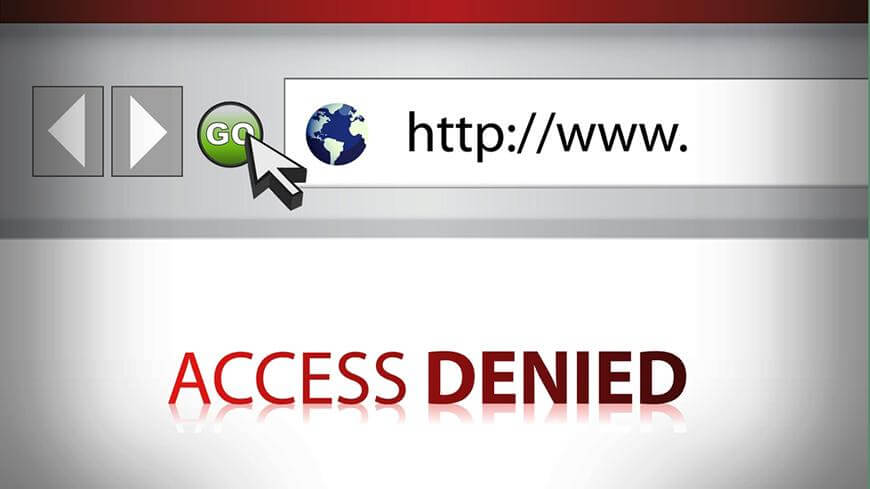
Broadband satellite access is secure and currently very difficult, if not impossible for the government to block – outside of identifying sites with antennas and shutting them down manually, which would require a lot of manpower, time and energy. Users in affected countries are looking with hope to the NewSpace providers such as SpaceX, OneWeb, Telesat LEO, and others that promise to provide global broadband satellite coverage using constellations of NGSO (Non-Geostationary Satellite Orbit) satellites, but these companies face many challenges to their business models, and one of those could be increased fees from the governments looking to block or limit internet access to citizens within their borders. If these providers were to refuse to cut or limit internet access, they may find their licenses for the frequencies used to land the internet traffic being revoked or priced out of reach.
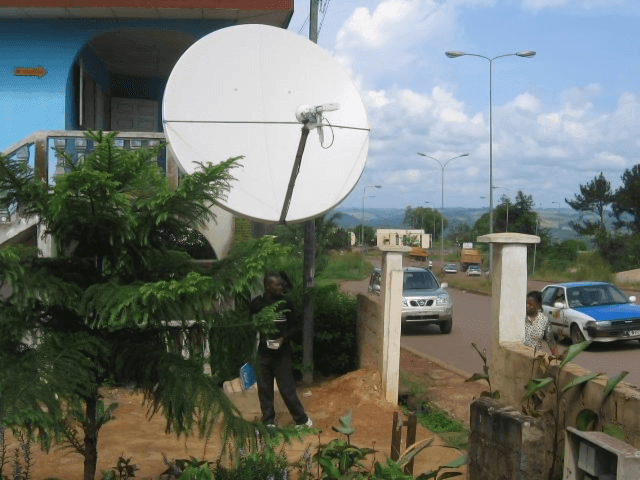
Currently, the best solution for keeping internet access in countries such as Zimbabwe, either as a primary or backup, are the reliable and secure broadband satellite services offered by companies such as BusinessCom Networks on proven GEO (Geosynchronous Earth Orbit) satellites. BusinessCom’s iDirect Broadband service is available around the globe, and is joined by our new UHP Broadband services, offering solutions designed to support streaming applications and heavier traffic loads in Africa. We’re here to help ISPs and businesses stay connected to the global network.

